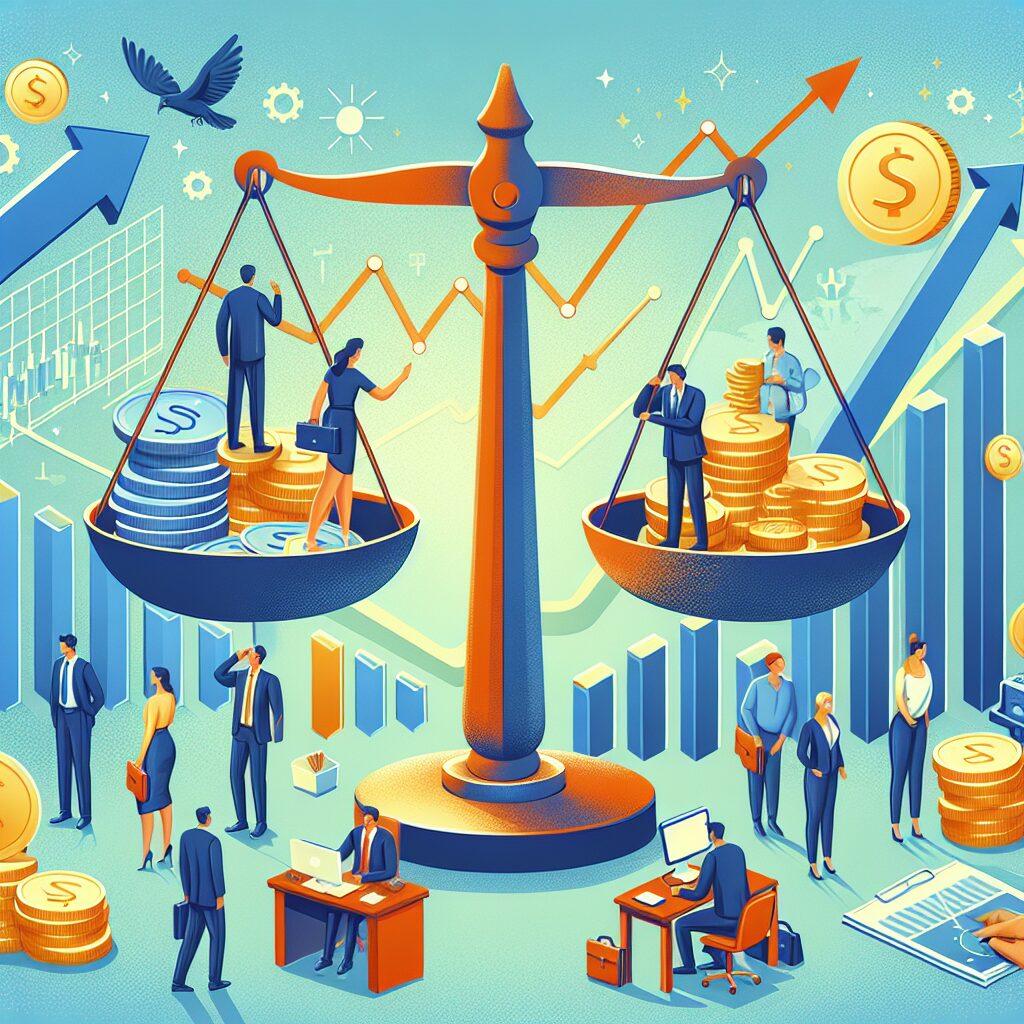The Impact of Economic Policies on Communities

Economic policies play a critical role in shaping the well-being of communities. These policies, crafted at local, national, and even international levels, influence everything from job creation to access to essential services, and their effects ripple through the fabric of everyday life. Whether it’s taxation, government spending, monetary policies, or trade agreements, the decisions made by policymakers can have profound and far-reaching implications. In this blog post, we’ll explore how economic policies affect communities and the importance of thoughtful policymaking to ensure equitable growth and sustainability.
Economic policies are tools that governments use to manage their economies. They include fiscal policies (taxation and spending), monetary policies (control of money supply and interest rates), and regulatory frameworks. These policies determine how resources are distributed, how markets operate, and how opportunities are created or constrained. For communities, these decisions can mean the difference between thriving and struggling.
For example, a fiscal policy that prioritizes infrastructure investment can lead to better roads, schools, and hospitals—directly benefiting communities. On the other hand, policies that cut social welfare programs may leave vulnerable populations without the support they need, deepening inequality.
One of the most immediate ways economic policies affect communities is through job creation. Policies that incentivize businesses to invest in local areas can lead to new employment opportunities, boosting household incomes and revitalizing neighborhoods. For instance, tax breaks for small businesses can encourage entrepreneurship, while investment in green energy projects can create jobs in emerging industries.
However, poorly designed policies can have the opposite effect. Trade agreements that outsource jobs to other countries or austerity measures that cut public sector positions can lead to unemployment and economic stagnation, disproportionately affecting working-class and marginalized communities.
Economic policies can either reduce or exacerbate inequality within communities. Progressive taxation, for instance, ensures that wealthier individuals contribute a fair share to public resources, which can be used to fund essential services like education, healthcare, and housing. Conversely, regressive tax systems, where lower-income households pay a higher percentage of their income in taxes, can widen the gap between rich and poor.
Access to resources is another critical factor. Policies that prioritize affordable housing, healthcare access, and quality education can uplift entire communities. On the other hand, when policies favor privatization without safeguards, they can lead to disparities where only the wealthy can afford essential services, leaving others behind.
Beyond finances, economic policies have profound social implications. For example, the implementation of a robust minimum wage policy can lead to better living conditions, reduced stress, and improved mental health for workers. Similarly, investment in community programs and social safety nets fosters social cohesion and reduces crime rates.
Conversely, policies that ignore the needs of vulnerable populations can lead to social unrest. For instance, cuts to unemployment benefits or housing assistance can result in homelessness, increased poverty, and a sense of disenfranchisement among affected individuals.
It’s important to recognize that the impact of economic policies varies depending on the local context. A policy that works well in one region may not be effective in another. For example, urban areas may benefit more from infrastructure investments like public transit, while rural communities may prioritize agricultural subsidies or broadband access.
Policymakers must engage with local stakeholders to understand the unique needs and challenges of each community. This ensures that policies are not only effective but also equitable.
Ultimately, the goal of economic policies should be inclusive growth—development that benefits everyone, not just a select few. This requires a balanced approach that considers both short-term needs and long-term sustainability. Policymakers must prioritize transparency, accountability, and public engagement to craft policies that reflect the values and aspirations of the communities they serve.
Economic policies are more than abstract decisions made in government offices—they are the foundation upon which communities thrive or falter. Thoughtful and inclusive policymaking can drive job creation, reduce inequality, and promote social well-being, while poorly designed policies can have devastating consequences. By understanding the impact of these policies and advocating for equitable solutions, we can ensure that communities everywhere have the opportunity to prosper.

